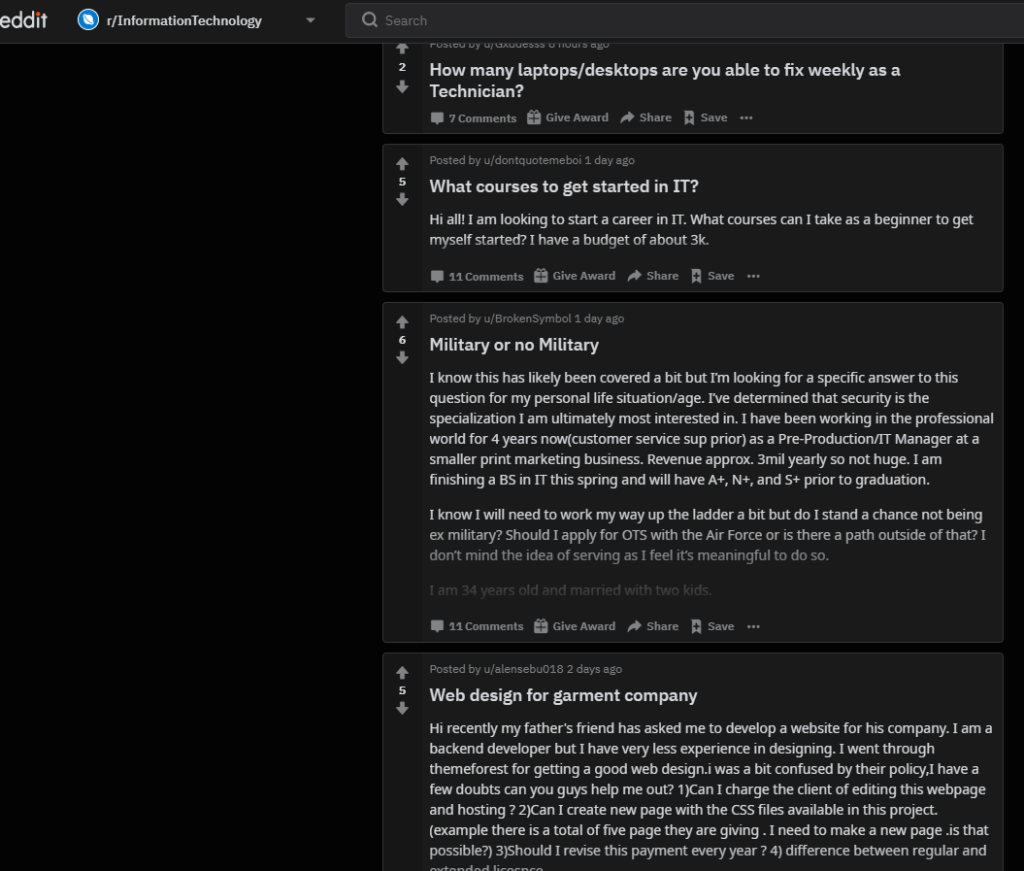No matter how amazing your product is, no matter how perfect a company fits with your brand, buyers won’t sign onto your brand without effective content.
Buyers consume 13 pieces of your content on average throughout the journey from both your website and third-party entities.
They don’t want advertisements. They need content like case studies, tutorials, and reviews to help them understand who you are and what you offer.
When you provide helpful content, amazing things happen.
Buyers are 2.8x more likely to report purchase ease and 3x more likely to close higher deals with less regret.
Comprehensive research is vital for understanding your buyers on a deeper level so you can create the content they need. Your goal is to create content they didn’t even realize they needed until they found you. That’s how you win.
Here’s how to research your target market so you can create that winning content.

What is Target Market Research for Content?
Target market research in this context involves a deep understanding of who your buyers are.
Through target market research, you create comprehensive buyer personas based on segment firmographics or individual accounts.
By building these profiles, you can map out things like:
- Which company they work for
- What problems they face each day
- Their biggest fears
- Their competition
- Their company’s market share and outlook
- Their industry’s current events, wins, and challenges
- Media outlets they frequent
- Who they trust for advice
- Who they turn to for inspiration
- What types of software they’re already using
You should walk away from market research feeling like you thoroughly understand your target audience – like they’re a friendly colleague or coworker.
Why is a Target Market Research Strategy So Important?
Generic and irrelevant content is everywhere.
57% of buyers say most of the content companies give them is totally useless and 60% end up seeking content from other sources.
What do buyers want?
There are only a few constants as to what constitutes quality content for buyers. Buyers want:
- Concise, digestible content – especially multimedia like video and podcasts
- Content by industry experts, trustworthy names they recognize, and credible sources
- Content about peers who share their pain points – like case studies and reviews
Otherwise, it depends. Each target market segment – and even each company – is unique. That’s why target market research is essential for getting inside your audience’s head and meeting them halfway via content.
How to Research Your Target Market for Content Marketing
Remember that target market research is an ongoing process.
Every day, new issues, competitors, solutions, and ideas arise. Use the tips below to develop a long-term sustainable target market strategy so you’re constantly tapped into your audience.
Change Your Lead Form Strategy
Target market research is easiest when you know who your existing audience is.
Lengthy and intrusive lead forms drive away quality leads while encouraging other visitors to submit fake information just to access your content.
Plus, 70% of all B2B searches happen on mobile devices. Forms asking for firmographic data are never mobile friendly – no matter how much you optimize them.
Instead, switch to micro smart forms.
You’ll give visitors a hefty sample of content and ask for only a business email and country to access the rest. Smart forms will fill in the rest of your firmographic data while vetting each lead for quality. Lead quality increases by 59% with this strategy.
Clean Your Lead Database and Draw Conclusions from Your Existing Audience
The sad reality is that most businesses are working with bad intel.
Every time an incorrect piece of data enters your system, it skews your marketing strategies and sales efforts.
It’s easiest to use your existing audience as a starting point for researching others in your target market. You already have experience in certain segments – why not keep the momentum going?
First, however, you need to clean up your database so you can draw useful conclusions and find new markets to target.
Segment Your Firmographics and Accounts
Once your existing database is clean and accurate, divide your audience up into smaller segments based on firmographic data like industry, vertical, market share, job roles, and anything else relevant.
You might also further divide your audience by company for an account-based marketing strategy.
By now, you can start developing detailed profiles on your existing target audience so you can branch out into new markets and accounts.
Elevate Your Social Selling
Most brands could stand to approach social selling differently.
Do more listening/reading and less speaking. If you feel compelled to speak, ask a question. You’ll learn much more about your audience this way.
Lurking in relevant Facebook groups, LinkedIn groups, and subreddits is an incredibly effective way to stay tapped into your target audience’s industry while exploring new verticals and markets.
Reddit’s r/InformationTechnology subreddit, for example, is pretty active and contains people of all stripes interested in IT:

Send Surveys for Target Market Research
Sometimes, the best way to conduct target market research is just to ask your audience what’s on their mind. If it was good enough to spark the most popular social network, it’s good enough for the rest of us too.
Start with some self-administered research through your email list or contacts. Next, consider partnering with a research company for more detailed and relevant information.
Check Your Email Analytics and Google Analytics
Your email analytics and website traffic can tell you plenty about your target market if you know how to listen.
Who’s clicking links through your email? What qualities do they share? What companies do they belong to?
Your website traffic – where is it coming from? What blogs link to you? Which social platforms do your visitors use to find you? What keywords are people searching to find you?
These all offer excellent starting points for learning more about your target market.
Accelerate Your Insights and Content with AI
Artificial intelligence tools can help you gain more insight from your audience while improving lead quality and your entire content experience.
Hushly AI offers a wide range of AI-driven tools like adaptive content hubs, dynamic ABM campaigns, smart micro lead forms, self-nurturing landing pages, and much more.
Check out the Hushly resource center for our latest case studies and to see our user-friendly technology in action.

